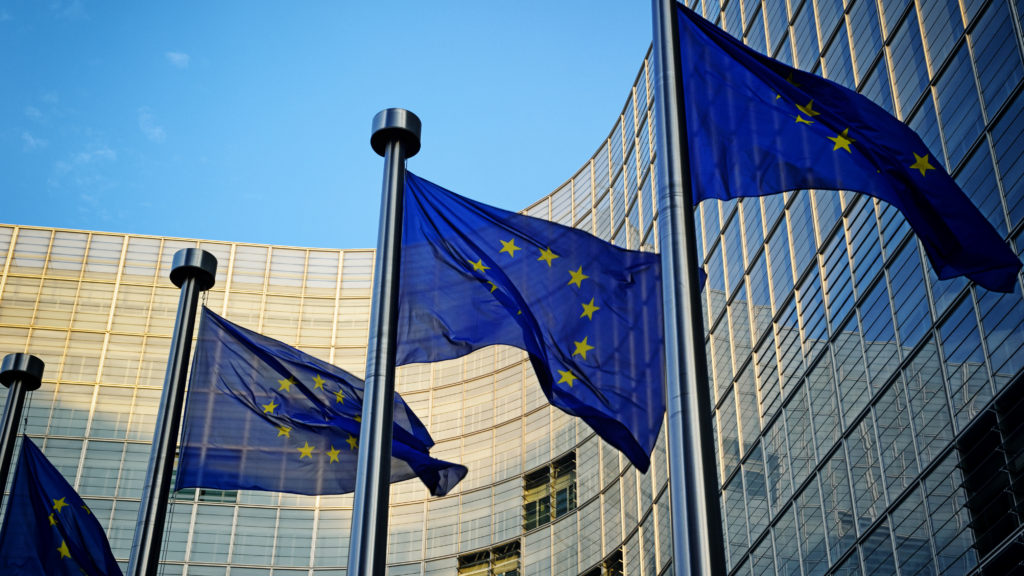Brussels, 16 February 2023
One year into the Commission’s Working Group Schools membership

Dr Martyn Rawson represents ECSWE in the European Commission’s Working Group on Pathways to School Success for its mandate period from December 2021 to 2025. In this interview, he shares his experience after the first full year in the group.
How do you see your role in the group?
As one of the very few people in the group who is actually a teacher, I can bring a pedagogical perspective to balance policy positions. And I can use my wide experience from working in schools to interpret the scientific and policy-driven information we receive to the pedagogical language of a classroom. I am also able to bring the views of Steiner Waldorf education to the Working Group, where these are frequently met with understanding.
What motivates you personally to be in the group?
It is very interesting for me to get up-to-date information and research about education in Europe, and to hear about developments in national education policy, and the contributions of NGOs.
What can you highlight as your achievements in the group so far?
My insights helped broaden the understanding of blended learning from the narrow introduction of digital tools into the classroom to the wider range of analog tools, including storytelling and the change of learning spaces that are at the core of Steiner Waldorf pedagogy.
In my experience, collaborating and networking in this group is important for raising the profile of Steiner Waldorf education in the Commission, but also among the member states and the other NGOs. In that sense, I think we are seen as an important player in European education.
What exciting future plans of the group can you share?
The Working Group is interested in balancing academic learning with life skills including key competences. The Group also recognises that aiming for biographical learning is an effective direction for teachers, as this is when the learner can recognise that what they have to learn is relevant to them personally and may open doors to further personal development.
In your view, what is the relevance of this group in the broader EU policy-making process?
The Working Group has a considerable influence on the European Commission’s policy statements and thus has an influence in individual member states. This is due the professionalism of the Commission team facilitating the Group and the high caliber of the Working Group membership.
Have more questions? Feel free to contact us!




